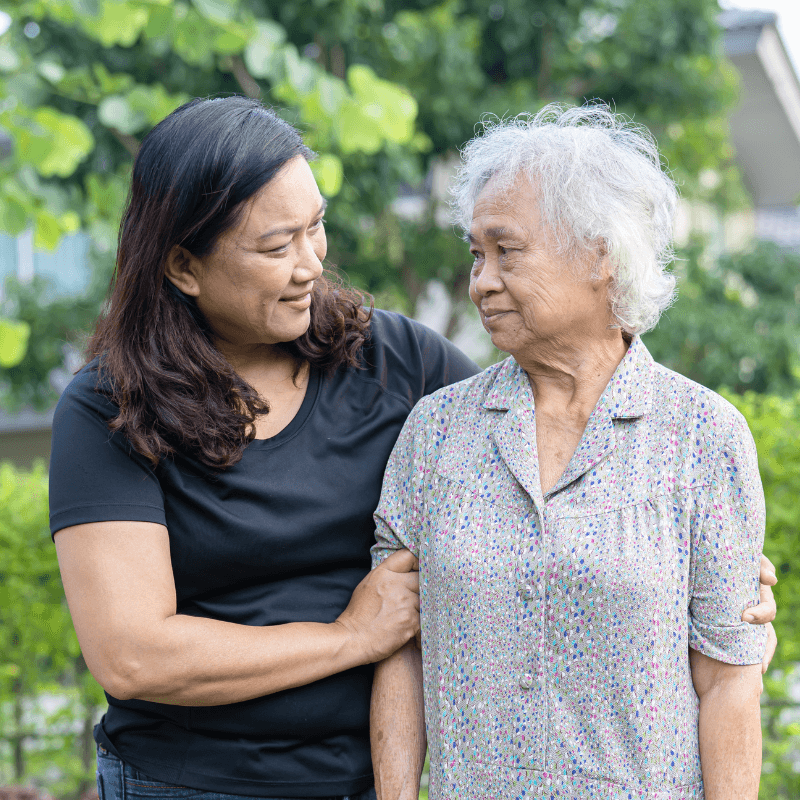How to Prevent Compassion Fatigue as a Primary Caregiver
Supporting a loved one as a primary caregiver can be deeply rewarding. But, if you don’t care for yourself, too, you might be at risk of experiencing compassion fatigue.
Here’s how to recognise and prevent compassion fatigue while focusing on your wellbeing as a dedicated family caregiver.
What is Compassion Fatigue, and Who’s at Risk?
Compassion fatigue is emotional and physical tiredness often experienced by caregivers as a result of providing support to others. While compassion fatigue can affect anyone, primary caregivers who support loved ones are generally the most vulnerable.
It’s easy to confuse compassion fatigue with burnout. But in reality, the two conditions are different despite their similar symptoms. Burnout usually occurs in people who are overworked and experiencing excessive stress in their jobs. Whereas compassion fatigue is typically a result of absorbing trauma or emotional stress from people you are connected to or invested in.
Signs of Compassion Fatigue
Compassion fatigue will likely manifest differently for different people. However, there are a few common signs you may be experiencing its effects:
Emotional Signs
- Irritability
- Impatience
- Decreased empathy
- Emotional numbness
- Increased isolation and withdrawal
- Anxiety and depression
- Poor self-esteem
Physical Signs
- Chronic headaches
- Sleep disturbances
- Tiredness
How to Prevent Compassion Fatigue
Preventing compassion fatigue starts with focusing on your wellbeing. Remember, caring for yourself allows you to better care for others. So, including self-care in your daily routine isn’t a luxury—it’s a necessity.
Key self-care strategies include setting boundaries between your role as a carer and your personal life and seeking support from others where needed. Also, it’s essential to maintain your physical and mental health. Ensure you exercise regularly, eat a balanced diet, and get adequate sleep. For your mental health, engage in mindfulness practices like meditation or yoga to alleviate stress and improve overall wellbeing.
However, sometimes the best way to prevent compassion fatigue is to step back and take a break. If you have another family member who can assume your role while you rest, that’s great. Otherwise, professional respite care services could be a good option. Respite care services can support your loved one for a short time, allowing you time to rest, recharge, and return to your role as a primary caregiver refreshed. It can also allow you to catch up on any errands or tasks that are weighing on your mind. It’s important to recognise that compassion fatigue is not a sign of weakness. And there are plenty of resources available to support you in your role.
Could you benefit from a break from your role as a primary caregiver? Here at Simply Helping, we offer trusted respite care services as part of our in home care. Click here to learn more, and contact us today!




